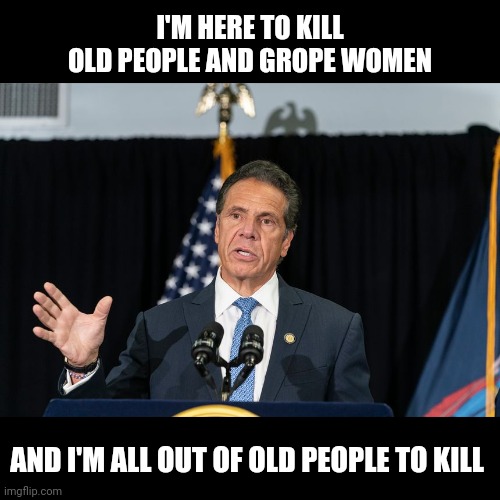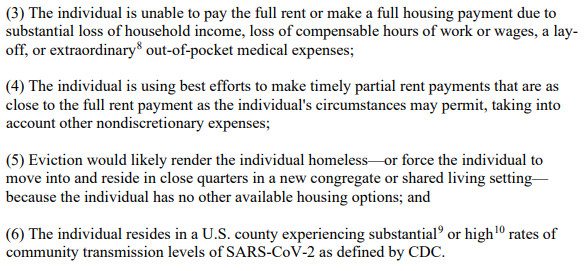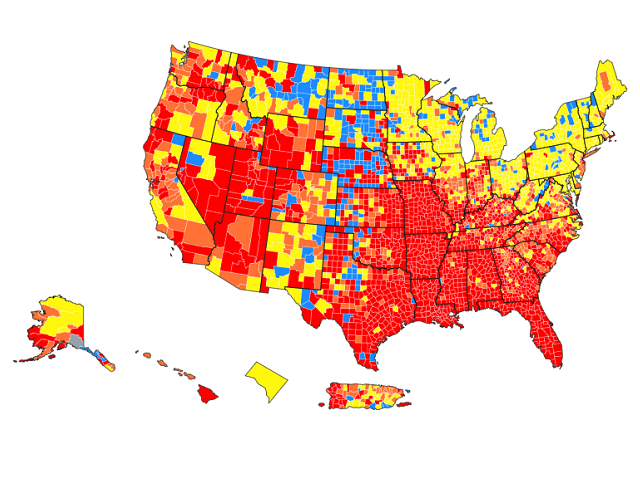ShotSpotter not only lacks accuracy but it can be altered.
On May 31 last year, 25-year-old Safarain Herring was shot in the head and dropped off at St. Bernard Hospital in Chicago by a man named Michael Williams. He died two days later.
Chicago police eventually arrested the 64-year-old Williams and charged him with murder (Williams maintains that Herring was hit in a drive-by shooting). A key piece of evidence in the case is video surveillance footage showing Williams’ car stopped on the 6300 block of South Stony Island Avenue at 11:46 p.m.—the time and location where police say they know Herring was shot.
How did they know that’s where the shooting happened? Police said ShotSpotter, a surveillance system that uses hidden microphone sensors to detect the sound and location of gunshots, generated an alert for that time and place.
Except that’s not entirely true, according to recent court filings.
That night, 19 ShotSpotter sensors detected a percussive sound at 11:46 p.m. and determined the location to be 5700 South Lake Shore Drive—a mile away from the site where prosecutors say Williams committed the murder, according to a motion filed by Williams’ public defender. The company’s algorithms initially classified the sound as a firework. That weekend had seen widespread protests in Chicago in response to George Floyd’s murder, and some of those protesting lit fireworks.
But after the 11:46 p.m. alert came in, a ShotSpotter analyst manually overrode the algorithms and “reclassified” the sound as a gunshot. Then, months later and after “post-processing,” another ShotSpotter analyst changed the alert’s coordinates to a location on South Stony Island Drive near where Williams’ car was seen on camera.
Police Are Telling ShotSpotter to Alter Evidence From Gunshot-Detecting AI (vice.com)
My long time suspicion about the efficacy of ShotSpotter has long been recorded in this blog. I have seen personally how inaccurate the system can be, but I did not know it could be so easily manipulated to create “evidence” to be used against citizens.
I know of cities that have dropped the system because it is both inaccurate and expensive, but now that it has been found out it is alterable, I do not know how any remaining customer cities can take the chance of having cases dropped because part of their important evidence can be changed to satisfy the need of a less than honorable LEO or prosecuting attorney. At best, cities will open themselves to magnificent lawsuits for false incarceration and at worse, human predators will be have to be released among the population and the erosion of the public trust will only get worse.






